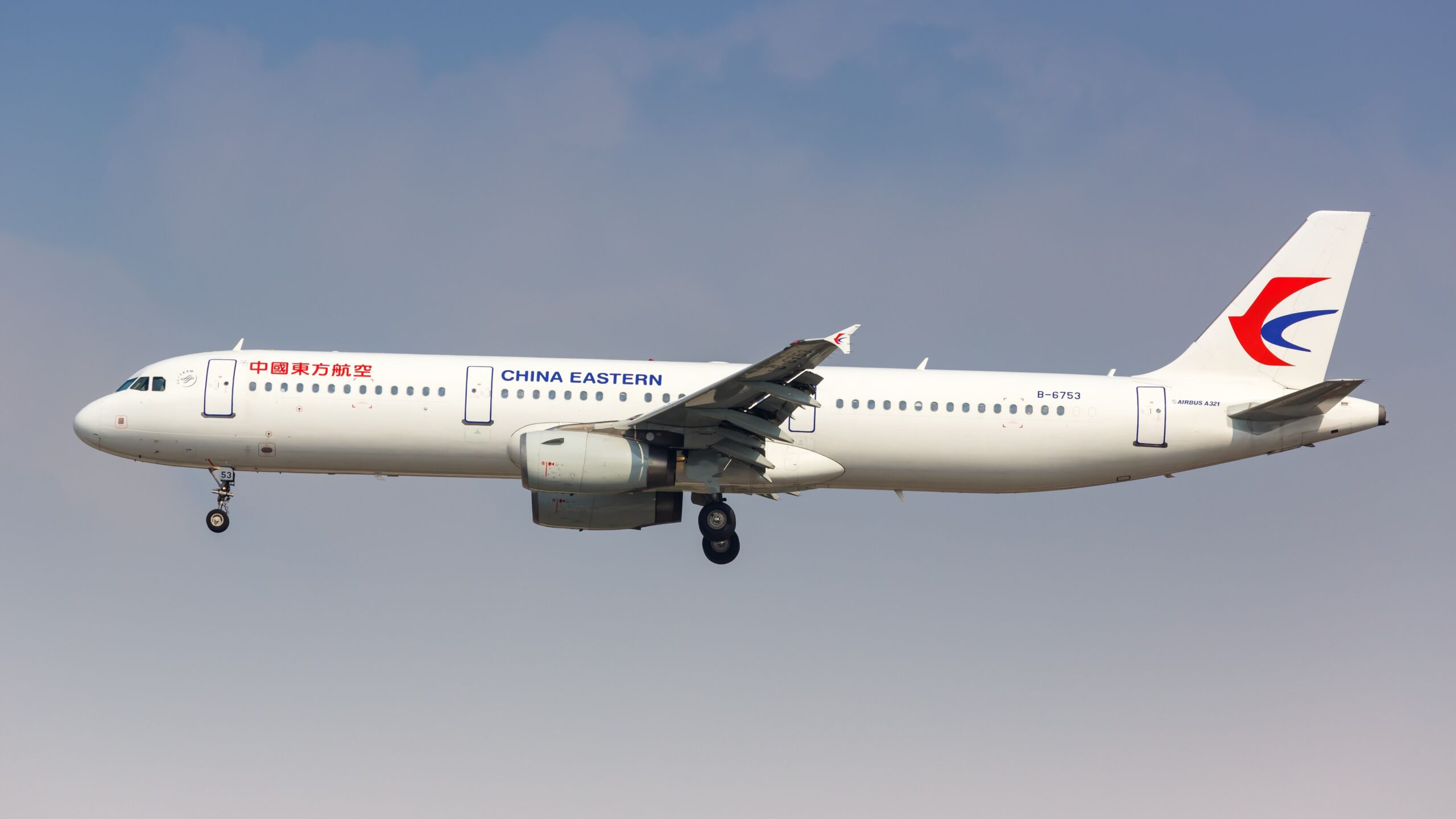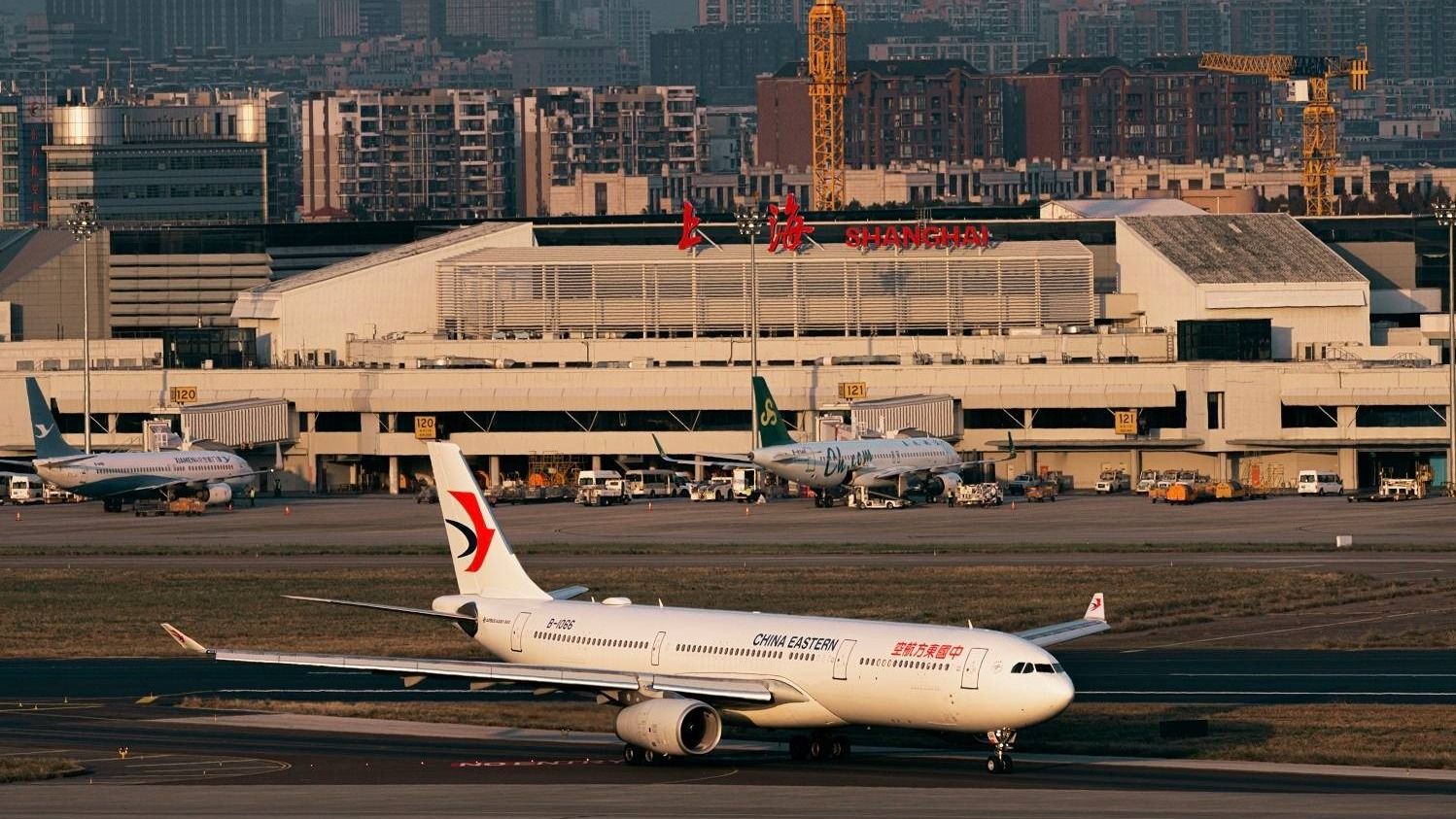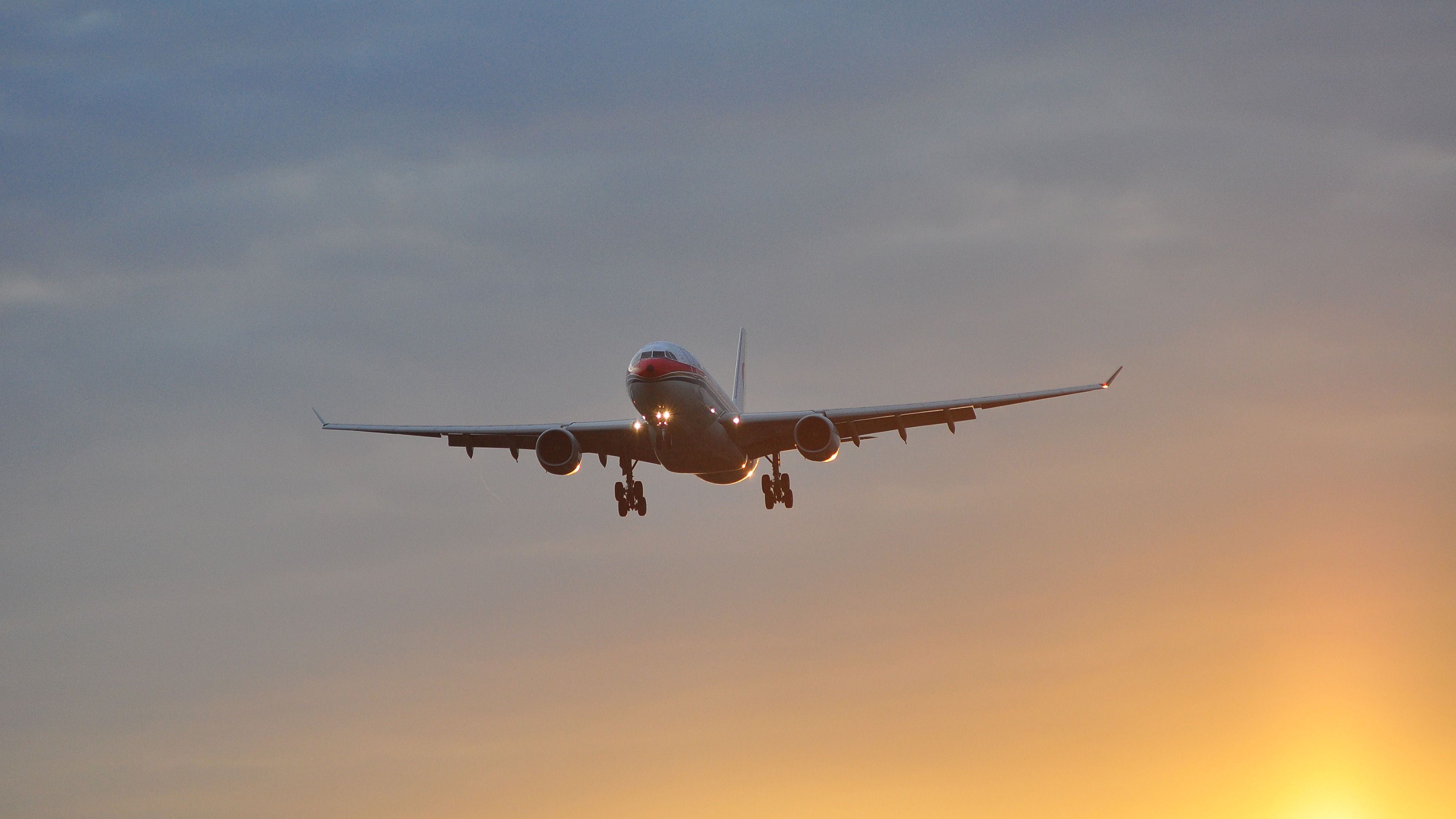Summary
- A poorly translated menu from China Eastern Airlines has caused confusion and speculation among passengers, with one appetizer option listed as “dog food.”
- Translation errors in the airline industry are common due to the need to translate from local languages to English, the default language of international aviation.
- Translation and marketing errors can have negative consequences for a brand, leading to damage to its image and potential financial losses.
A specific business class dining option from China Eastern Airlines has brought some media buzz. The Shanghai-based carrier’s poorly translated menu offered a range of options, with one standout choice being “dog food” paired with okra, serving as a business class appetizer.
An unfortunate error
This month, traveler Conrad Wu shared an image of the airline’s business class menu on Facebook. Among the appetizer choices were seafood, beef, and vegetarian meals. However, the inclusion of “imported dog food” as the fourth option has left the passenger wondering, ‘What exactly is it?’.
Initially reported by The Independent, the social media post has received more than 1000 likes and was shared by more than 170 people, accompanied by numerous comments. Speculation arose, with many suggesting that this was likely a translation mistake. While this is, indeed, most likely a translation error, the specific dish mentioned on the menu still needs to be clarified.
Photo: China Eastern
Another menu option that caught social media’s attention was the ‘dragon bone soup.’ Contrary to what the name might suggest, dragon bone soup has nothing to do with dragons. It is simply a traditional soup made with pork or chicken keel bones.
Airline translation blunders
The default language of international aviation worldwide is English, although other languages are used if airlines are based in non-English-speaking countries. Therefore, with the need to translate from local languages to English, translation errors are only natural and may occur from time to time.
An example of this can be found when Braniff Airlines aimed to promote its new leather first-class seats in the Mexican market. The airline’s ‘Fly in Leather’ campaign, when literally translated to Spanish, became “vuela en cuero.” The term “en cueros,” pronounced similarly to “en cuero,” means “naked,” transforming the tagline into a suggestive one: ‘Fly Naked.’
Photo: Vytautas Kielaitis | Shutterstock
In another translation mishap, a French passenger experienced a moment of panic when an inaccurate announcement conveyed that the plane was about to make an emergency landing. According to a Daily Mail report, while an English-language announcement, 20 minutes after departing from Dublin, indicated the plane was entering turbulence and urged passengers to return to their seats, the pre-recorded French version wrongly stated they were about to ditch.
Translation or marketing errors can bring smiles or, on the contrary, financial losses. But sometimes such failures can rapidly become viral, causing lasting damage to a brand’s image. They may also result in dire consequences like customer boycotts, making it challenging to establish a foothold in new markets in the future.
What are your thoughts on this translation blunder? Have you ever seen or spotted any? Let us know in the comments section below.
Sources: The Independent, Daily Mail



